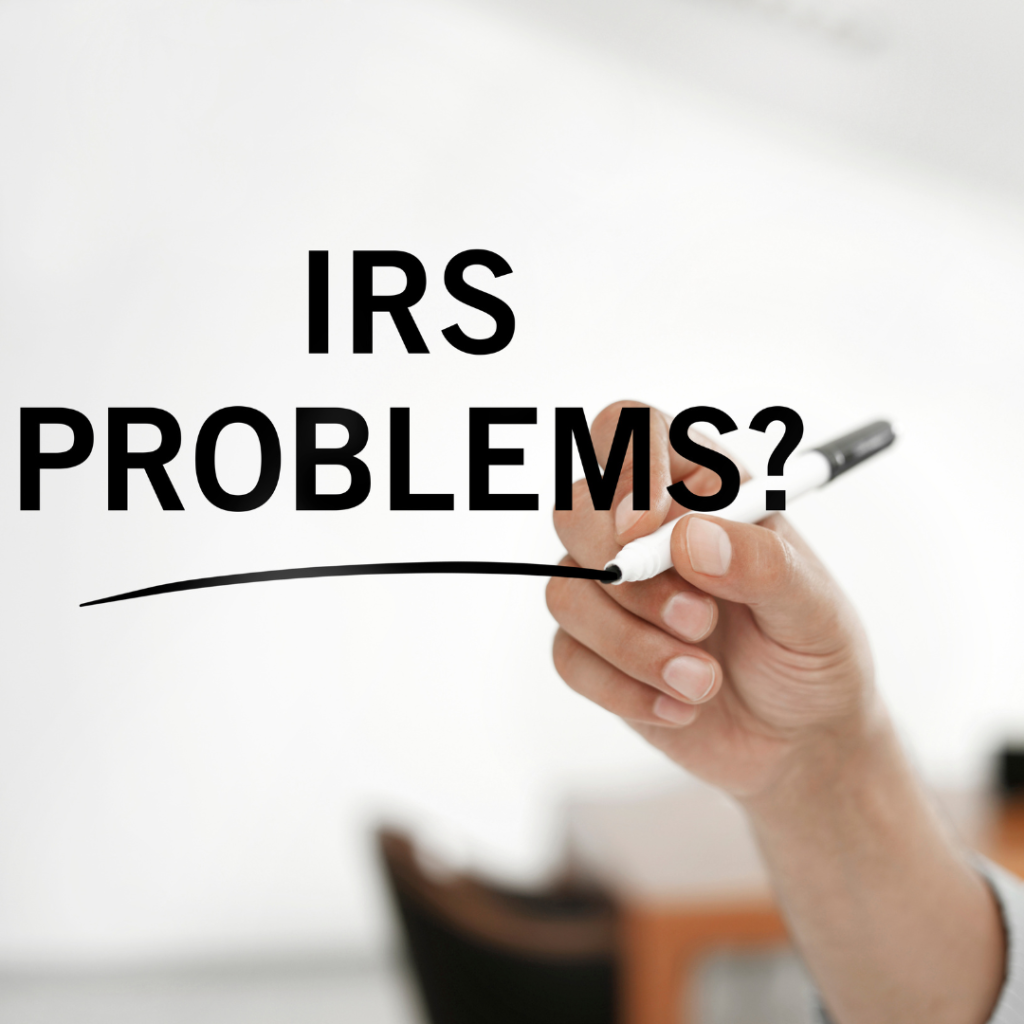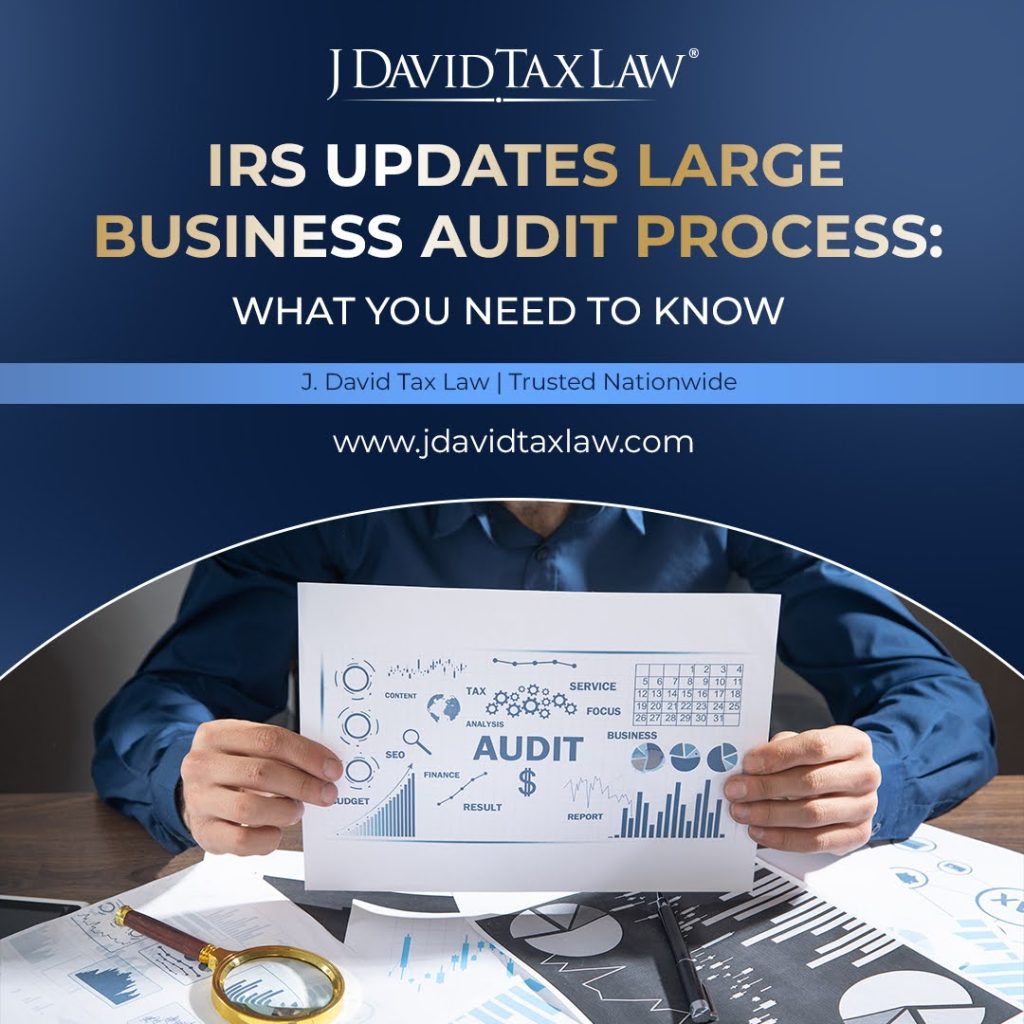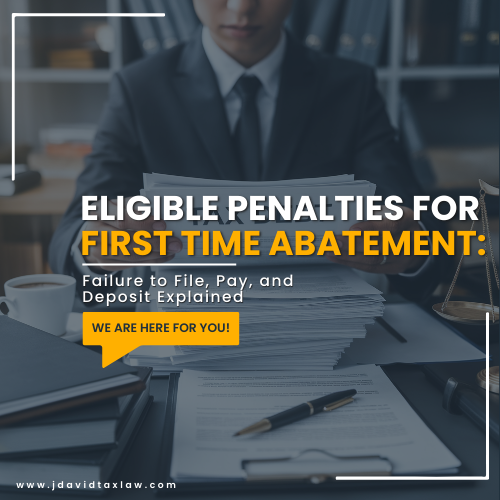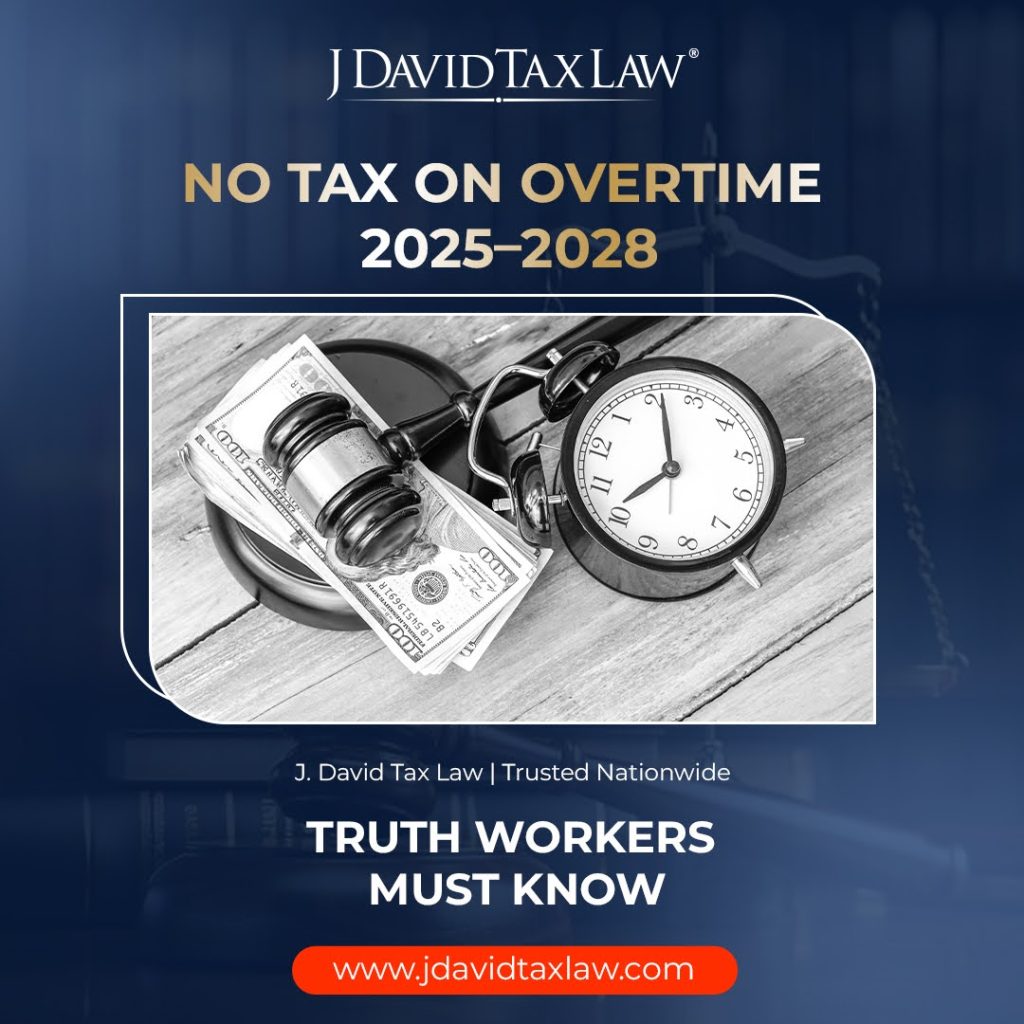The sight of an Internal Revenue Service (IRS) notice in your mailbox is not something to be taken lightly nor ignored. These notices often carry implications that can affect your financial health and peace of mind.
When the IRS sends out a notice, it’s an indication that they require your attention to resolve issues related to your tax filings. Without timely action, what might begin as a manageable issue can escalate into hefty penalties.
So what should you do when you receive a notice from the IRS? This blog post will guide you through the steps to effectively manage these notices to maintain your financial health and ensure legal compliance.
What is an IRS notice?
An IRS notice is a formal communication from the Internal Revenue Service sent to individual taxpayers. It typically addresses discrepancies or issues related to your federal tax return or tax account.
Notices can vary widely in terms of what they require from you—from a simple notification of changes to your account, requests for additional information, to warnings about due taxes.
There are several types of notices and letters that the IRS might send. Each type of notice contains specific information regarding your tax issue and provides instructions on what you need to do next. Some of the most common include:
- CP14: Informs you that you owe money on unpaid taxes
- CP2000: An alert that the information reported on your tax return does not match the data the IRS received from other sources
- CP501: A reminder notice sent when you have a balance due
- CP503: Sent if the initial bill remains unpaid
- CP504: Final Balance Due Reminder Notice of Intent to Seize (Levy) Your Property or Rights to Property
- LT11: Notice Of Intent to Levy and Your Collection Due Process Right to a Hearing
- Letter 4883C: Involves identity verification for processing your tax return
How to Respond to IRS Notices in Raleigh, NC
Receiving a notice from the IRS can understandably cause concern or stress. However, it’s important to remember that many IRS notices are simply requests for further information or a clarification of discrepancies regarding your unfiled returns.
For taxpayers in Raleigh, NC, as well as elsewhere, it’s essential to handle these communications with promptness to resolve the issues quickly and painlessly. Here’s what you need to do:
Receiving a notice from the IRS can understandably cause concern or stress. However, it’s important to remember that many IRS notices are simply requests for further information or a clarification of discrepancies regarding your unfiled returns.
For taxpayers in Raleigh, NC, as well as elsewhere, it’s essential to handle these communications with promptness to resolve the issues quickly and painlessly. Here’s what you need to do:
Verifying the Authenticity of an IRS Notice
If you suspect that the notice might be fraudulent, it’s essential not to respond directly to the contact information provided on the suspicious notice. Instead, contact the IRS directly through the numbers listed on their official website.
Given the rise in tax-related scams, verifying the authenticity of an IRS notice is crucial. Here are steps to ensure that the notice is legitimate:
Check for official IRS letterhead: Genuine notices will be on official letterhead, which includes the IRS seal and a notice (CP) or letter (LTR) number.
Verify the contact information: The notice should provide contact information that matches what is listed on the IRS official website.
Look for detailed information: Authentic IRS notices will include your partial tax ID number and tax year in question.
Cross-reference with your tax records: Compare the details mentioned in the notice with your records to see if they match up.
If you suspect that the notice might be fraudulent, it’s essential not to respond directly to the contact information provided on the suspicious notice. Instead, contact the IRS directly through the numbers listed on their official website.
Given the rise in tax-related scams, verifying the authenticity of an IRS notice is crucial. Here are steps to ensure that the notice is legitimate:
Check for official IRS letterhead: Genuine notices will be on official letterhead, which includes the IRS seal and a notice (CP) or letter (LTR) number.
Verify the contact information: The notice should provide contact information that matches what is listed on the IRS official website.
Look for detailed information: Authentic IRS notices will include your partial tax ID number and tax year in question.
Cross-reference with your tax records: Compare the details mentioned in the notice with your records to see if they match up.
Respond Within the Deadline
It’s imperative to respond by the specified due date. Each notice will include a deadline and adhering to this is essential to prevent additional penalties or further complications.
If you’re unable to meet the deadline due to the need for more time to gather the necessary documentation, you can always request for an extension. But you need to make this request before the original deadline approaches. This will ensure you remain in good standing and avoid potential issues with the IRS.
It’s imperative to respond by the specified due date. Each notice will include a deadline and adhering to this is essential to prevent additional penalties or further complications.
If you’re unable to meet the deadline due to the need for more time to gather the necessary documentation, you can always request for an extension. But you need to make this request before the original deadline approaches. This will ensure you remain in good standing and avoid potential issues with the IRS.
Gather Necessary Documentation
Before you respond to any IRS notice, it’s critical to gather all relevant documentation that can support your case. Doing this will help you easily clarify any discrepancies the IRS might be querying. This includes:
Tax Returns: Have a copy of the tax return for the year in question ready. This will help you reference and verify the figures the IRS is questioning.
Receipts: Gather all receipts related to deductions or credits you claimed. These will serve as proof of your claims.
Statements: Collect any relevant financial statements, such as bank statements, investment statements, or payroll statements, that support the information you reported on your tax return.
Organize your documentation to streamline the process when you communicate with the IRS. You should also ensure that you are fully prepared to address any points of contention.
Before you respond to any IRS notice, it’s critical to gather all relevant documentation that can support your case. Doing this will help you easily clarify any discrepancies the IRS might be querying. This includes:
Tax Returns: Have a copy of the tax return for the year in question ready. This will help you reference and verify the figures the IRS is questioning.
Receipts: Gather all receipts related to deductions or credits you claimed. These will serve as proof of your claims.
Statements: Collect any relevant financial statements, such as bank statements, investment statements, or payroll statements, that support the information you reported on your tax return.
Organize your documentation to streamline the process when you communicate with the IRS. You should also ensure that you are fully prepared to address any points of contention.
Communicate with the IRS
Effective communication with the IRS is key when responding to notices. Use the contact information provided in the notice for any direct responses, and be sure to document all interactions, including names, dates, and details of discussions.
For written responses, be concise and include all necessary documentation, clearly stating the purpose of your communication. Always reference the notice number to ensure proper handling and keep copies of all correspondence for your records.
If you disagree with the IRS assessment or if you’ve been penalized and believe the penalties accrued were due to reasonable cause, you reach out to J. David Tax Law to assist you with the following:
Request an Abatement
For penalties due to reasonable cause, write a detailed explanation of your situation and why you believe abatement is justified. Include any relevant documents that support your explanation.
File an Appeal
If you disagree with an IRS decision, you can file a formal appeal. This usually involves filling out specific forms and providing a detailed written argument with evidence supporting your position.
Note: If the situation is complex and you hired a tax attorney, you need to formally authorize them to represent you. So make sure to file IRS Form 2848, Power of Attorney and Declaration of Representative.
Effective communication with the IRS is key when responding to notices. Use the contact information provided in the notice for any direct responses, and be sure to document all interactions, including names, dates, and details of discussions.
For written responses, be concise and include all necessary documentation, clearly stating the purpose of your communication. Always reference the notice number to ensure proper handling and keep copies of all correspondence for your records.
If you disagree with the IRS assessment or if you’ve been penalized and believe the penalties accrued were due to reasonable cause, you reach out to J. David Tax Law to assist you with the following:
Request an Abatement
For penalties due to reasonable cause, write a detailed explanation of your situation and why you believe abatement is justified. Include any relevant documents that support your explanation.
File an Appeal
If you disagree with an IRS decision, you can file a formal appeal. This usually involves filling out specific forms and providing a detailed written argument with evidence supporting your position.
Note: If the situation is complex and you hired a tax attorney, you need to formally authorize them to represent you. So make sure to file IRS Form 2848, Power of Attorney and Declaration of Representative.
Preventive Measures to Avoid Future IRS Notices
Receiving notices from the IRS often signifies issues that could have been prevented with careful planning and organization. Thus, it is essential to take proactive steps to ensure accurate and timely tax filings to avoid unwelcome IRS notices.
Here’s how:
Familiarize yourself with all IRS filing deadlines including those for estimated tax payments if you are self-employed.
Use e-filing options to leverage its built-in error checking for a more accurate filing.
Verify all Social Security numbers, calculations, and the correct transfer of information from tax documents like W-2s and 1099s before submission.
Notify the IRS promptly of any changes in your address or personal circumstances to ensure you receive all IRS communications.
Maintain well-organized financial records, including receipts, invoices, and bank statements.
Keep tax documents for at least three years from the date you file your original return or two years from the date you paid the tax.
Adopting these preventive measures not only helps Raleigh, NC taxpayers avoid unnecessary interactions with the IRS. It also ensures that they are well-prepared should any issues arise.
In Conclusion
Effectively managing your interactions with the IRS can significantly reduce the likelihood of receiving notices and facing potential penalties.
Always remember that these measures are not meant to avoid IRS notices. It is also crucial in helping you establish a robust framework for financial and tax management that supports long-term compliance. Whether you’re managing personal finances or overseeing a business, staying informed and prepared can make all the difference.
If you do receive an IRS notice, J. David Tax Law is here to help you navigate any tax issues with confidence. Our team of experienced tax professionals specializes in dealing with the IRS, ensuring that your case is handled efficiently and effectively.
For more information, feel free to reach out to us to discuss your options in resolving your tax matters.




















